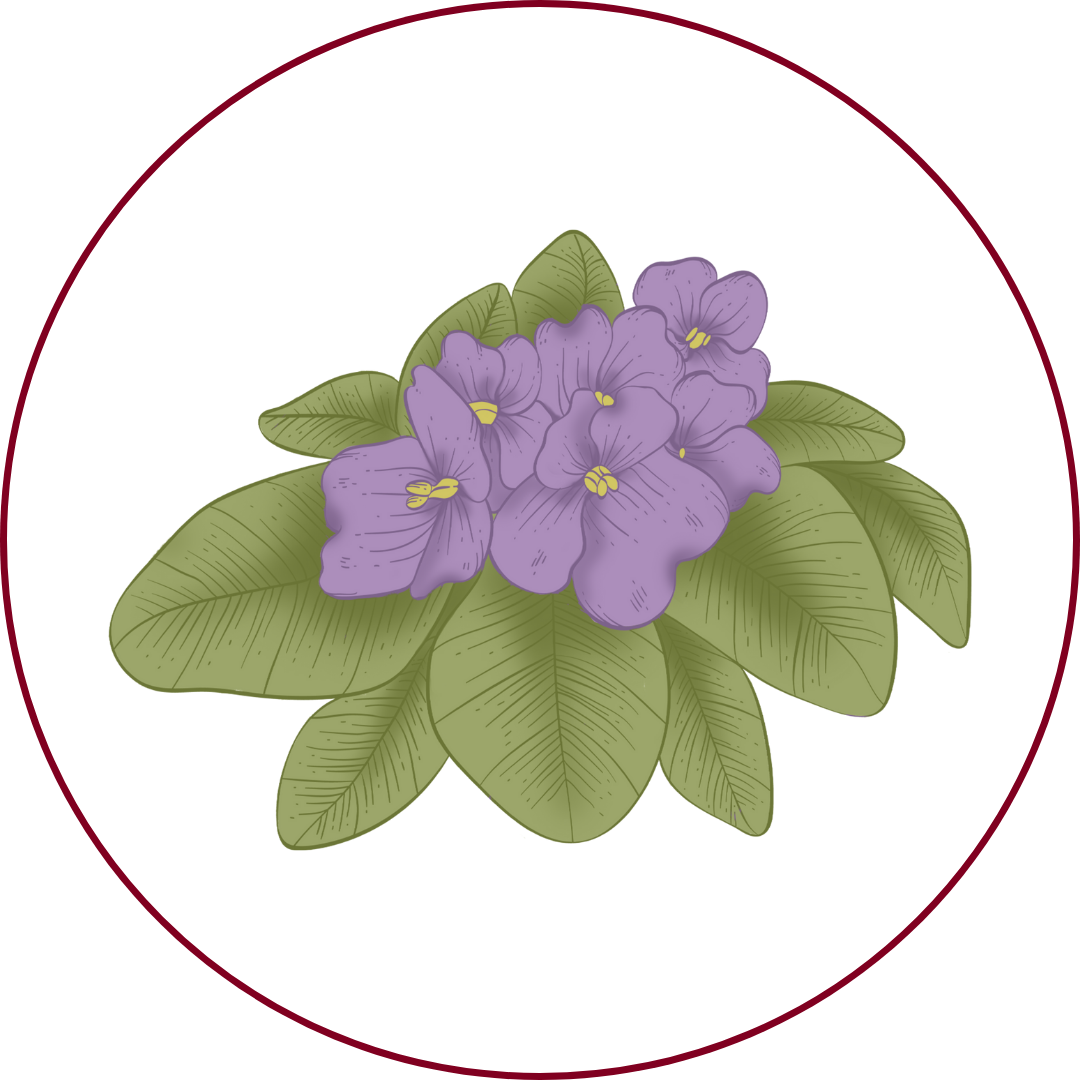Grape Variety
Dolcetto
"dol-CHET-toh"
Wine Styles
 Sparkling
Sparkling Light White
Light White Full White
Full White Aromatic
Aromatic Rosé
Rosé Light Red
Light Red Medium Red
Medium Red Full Red
Full Red Dessert
DessertAbout Dolcetto
Origin
Piedmont, Italy
History
Dolcetto is a black Italian wine grape variety widely grown in the Piedmont region of northwest Italy. The Italian word dolcetto means 'little sweet one', but it is not certain that the name originally carried any reference to the grape’s sugar levels; it is possible that it derives from the name of the hills where the vine is cultivated. In any case, the wines produced are nearly always dry. They can be tannic and fruity with moderate, or decidedly low, levels of acidity and are typically meant to be consumed within a few years after release.
Appearance
Medium-sized, dark-skinned berries growing in compact clusters.
Growing Traits
Dolcetto is an early-maturing red grape grown widely in the Monferrato hills of the Piedmont region, northwestern Italy. Its name means 'little sweet one' in Italian, but, ironically, it produces dry and moderately tannic wines. Dolcetto wines offer light acidity, black fruit flavors, dark spice aromas, and earthy undertones of walnuts.
Wine Characteristics
Body
3/5
Sweetness
1/5
Tannin
2/5
Acidity
2/5
Alcohol
3/5
Medium-bodied with a soft and fruity profile, offering black fruit flavors and moderate structure. Typically dry, with minimal residual sugar, focusing on fruit and subtle spice characteristics. Low to moderate tannin levels, providing gentle structure without being overly astringent. Low to medium acidity, contributing to a smooth and approachable profile. Moderate alcohol content, typically ranging between 11.5% and 13.5%, ensuring balance and drinkability.
Taste Profile

Blackberry

Plum

Licorice

Almond

Violet
Dolcetto wines are characterized by black fruit flavors such as blackberry and plum, complemented by notes of licorice and almond. Floral hints of violet add complexity, all balanced by low to medium acidity and moderate tannins, leading to a smooth and approachable finish.
Food Pairing
Dolcetto's low acidity and black fruit flavors make it a versatile partner for a variety of dishes. It pairs well with classic Italian cuisine, such as pasta with tomato-based sauces, pizza, and antipasti. The wine's moderate tannins complement grilled meats and roasted vegetables, while its subtle spice notes enhance dishes featuring herbs like rosemary and thyme.
Growing Regions

Italy
PiedmontLiguria

United States
CaliforniaOregon

Australia
VictoriaSouth Australia
Notable Wines & Producers
Dolcetto di Dogliani
Pecchenino
Luigi Einaudi
Dolcetto d'Alba
G.D. Vajra
Bruno Giacosa
Dolcetto d'Ovada
Poderi Rosso Giovanni
Rocco di Carpeneto
Dolcetto FAQ
Common questions about this grape variety
What is the origin of Dolcetto?
+
Piedmont, Italy
Is Dolcetto wine full bodied?
+
Dolcetto has a body level of 3 out of 5. Which means that Dolcetto is Moderate bodied.
Is Dolcetto wine dry or sweet?
+
Dolcetto has a dryness level of 1 out of 5. Which means that Dolcetto is Dry.
Where is Dolcetto wine from?
+
Piedmont, Italy
Where is Dolcetto grown?
+
Dolcetto is grown in Italy (Piedmont, Liguria)United States (California, Oregon)Australia (Victoria, South Australia).
What is Dolcetto like?
+
Dolcetto wines are characterized by black fruit flavors such as blackberry and plum, complemented by notes of licorice and almond. Floral hints of violet add complexity, all balanced by low to medium acidity and moderate tannins, leading to a smooth and approachable finish.
What does Dolcetto pair with?
+
Dolcetto's low acidity and black fruit flavors make it a versatile partner for a variety of dishes. It pairs well with classic Italian cuisine, such as pasta with tomato-based sauces, pizza, and antipasti. The wine's moderate tannins complement grilled meats and roasted vegetables, while its subtle spice notes enhance dishes featuring herbs like rosemary and thyme.
What does Dolcetto taste like?
+
Dolcetto wines are characterized by black fruit flavors such as blackberry and plum, complemented by notes of licorice and almond. Floral hints of violet add complexity, all balanced by low to medium acidity and moderate tannins, leading to a smooth and approachable finish.
Take Dolcetto Knowledge with You
Access detailed grape profiles, tasting notes, and pairing suggestions on your iPhone.
Download on theApp Store